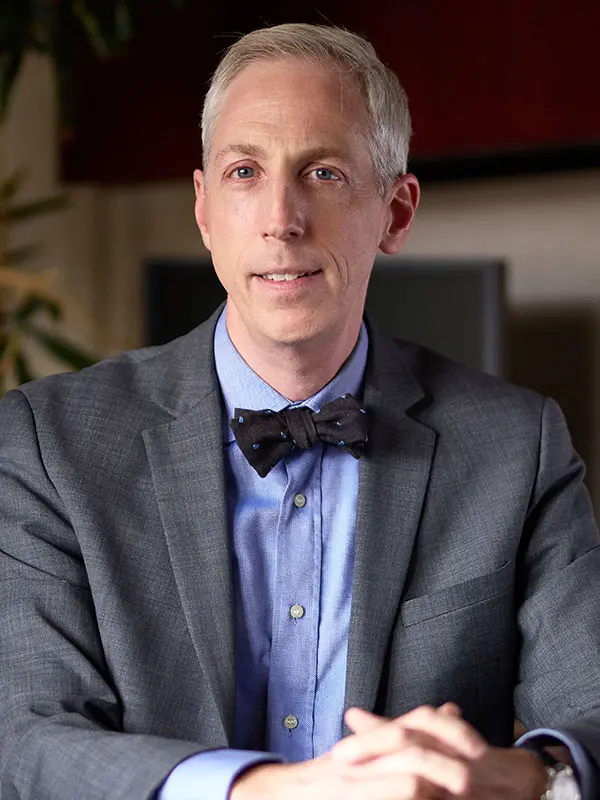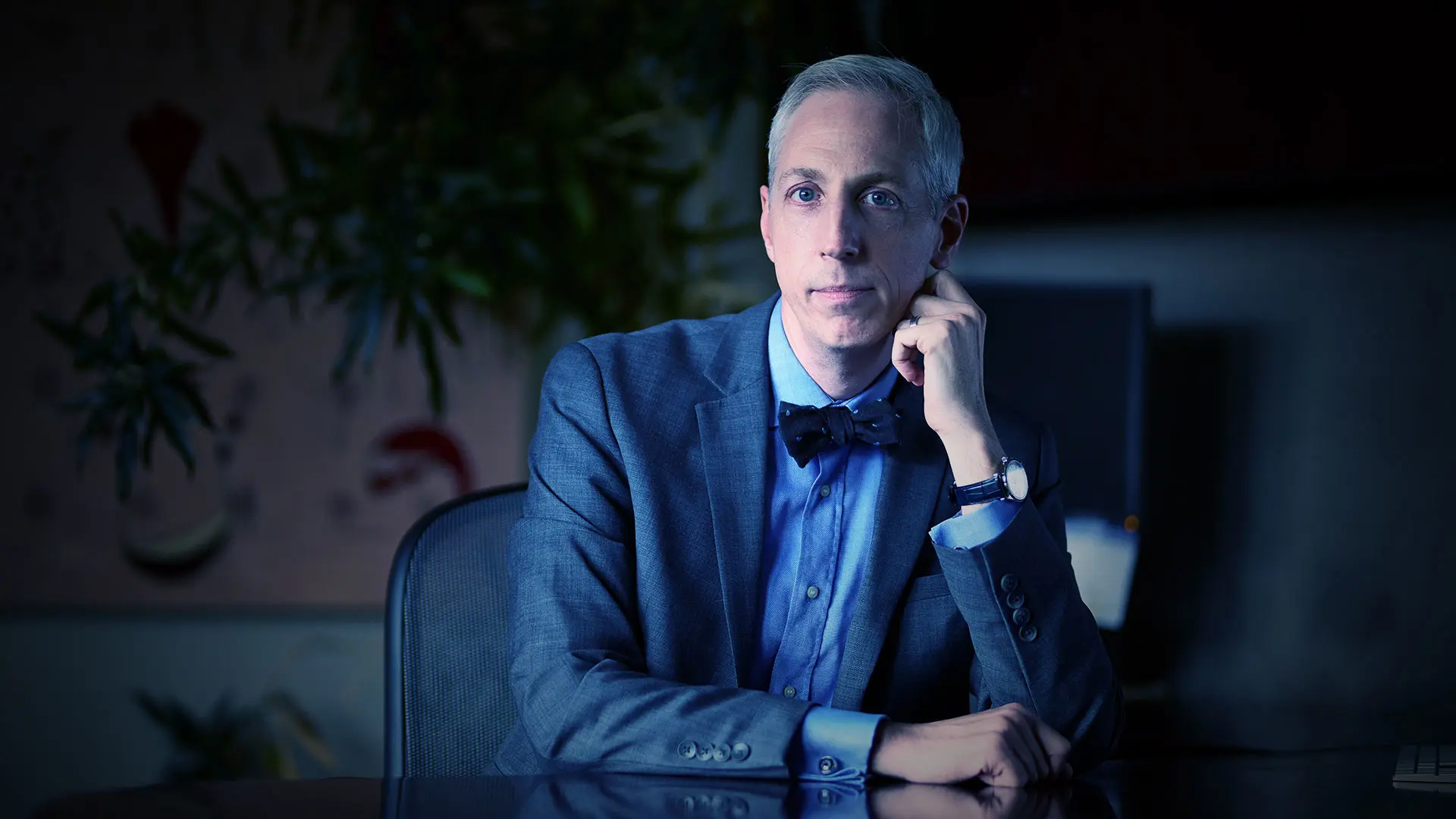The core mission of the Brookdale Department of Geriatrics and Palliative Medicine—to create model programs that improve the care of adults with serious illnesses not only locally but across the country—has taken another impressive step. The Brookdale Department is expanding its partnership with Contessa, the Nashville-based leader of hospital care at home, to expand Mount Sinai’s innovative Palliative Care at Home program and begin to scale it nationally.
Palliative Care at Home was launched five years ago to leverage the Brookdale Department’s expertise and leadership in palliative care to allow patients with severe or chronic illness who have difficulty leaving their homes to receive care from a team of specialists that includes a physician, nurse practitioner, social worker, and community health worker. Palliative Care at Home treats symptoms and matches treatments received with patient goals, thus avoiding unnecessary and burdensome emergency department visits and hospital admissions. At the height of the pandemic, the program also played a vital role in caring for older individuals stricken with COVID-19.
“Our goal has always been to pioneer the development of cutting-edge clinical models for our patients with acute and sub-acute illnesses.”
-Nathan Goldstein, MD
“We’ve extensively tested Palliative Care at Home, proven that it works, and are now prepared through our partnership with Contessa to grow it locally as well as disseminate it to other communities where there is a need for effective home-based palliative care,” says Nathan Goldstein, MD, Gerald J. and Dorothy R. Friedman Chair in Palliative Care at the Icahn School of Medicine at Mount Sinai and a leader of Palliative Care at Home. “Our program adds another layer of support for patients, through in-home and virtual visits from providers, and has shown its ability to improve patient outcomes, relieve the burden and anxiety on family caregivers, and lower the cost of care by reducing the need for hospital stays.”
Contessa works with health systems to bring health care into the home. The organization will work with Mount Sinai to operationalize the program, lend expertise in staffing, negotiate with payers, and implement Mount Sinai’s model of care at hospitals throughout the country.
Many health care organizations are looking at ways to deliver hospital-level services to patients in the comfort of their homes. Mount Sinai’s model has distinct advantages over others, however, by enhancing the roles of registered nurses, social workers, and community health workers.
“Most programs are dependent on physicians and nurse practitioners, who are in very short supply,” says Dr. Goldstein. “Our palliative care model is easier to disseminate and less expensive for hospital systems to implement because doctors and nurse practitioners are more actively involved in supervising the rest of the team, instead of directly providing care. This means they can effectively supervise the care of more patients by extending their expertise through the other team members.”
Among the patients benefitting from Palliative Care at Home are those in advanced stages of cancer who are under the care of an oncologist but may find it difficult to get to the office or clinic for regular visits. The same holds true for patients with progressive heart failure, as well as patients with dementia for whom transportation to the doctor’s office can provoke anxiety and agitation. For these and other patients, Palliative Care at Home develops a comprehensive care plan with input from the patient, family members, and the primary treating physician.
“Our goal has always been to pioneer the development of cutting-edge clinical models for our patients with acute and sub-acute illnesses,” says Dr. Goldstein. “Palliative Care at Home has demonstrated its ability to improve the quality of their lives through symptom control, conferring a better understanding of their illness and treatment, and by generally helping them feel better. We’re now moving to give other patients around the country access to this proven model of care.”
Featured

Nathan Goldstein, MD
Gerald J. and Dorothy R. Friedman Chair in Palliative Care at the Icahn School of Medicine at Mount Sinai
